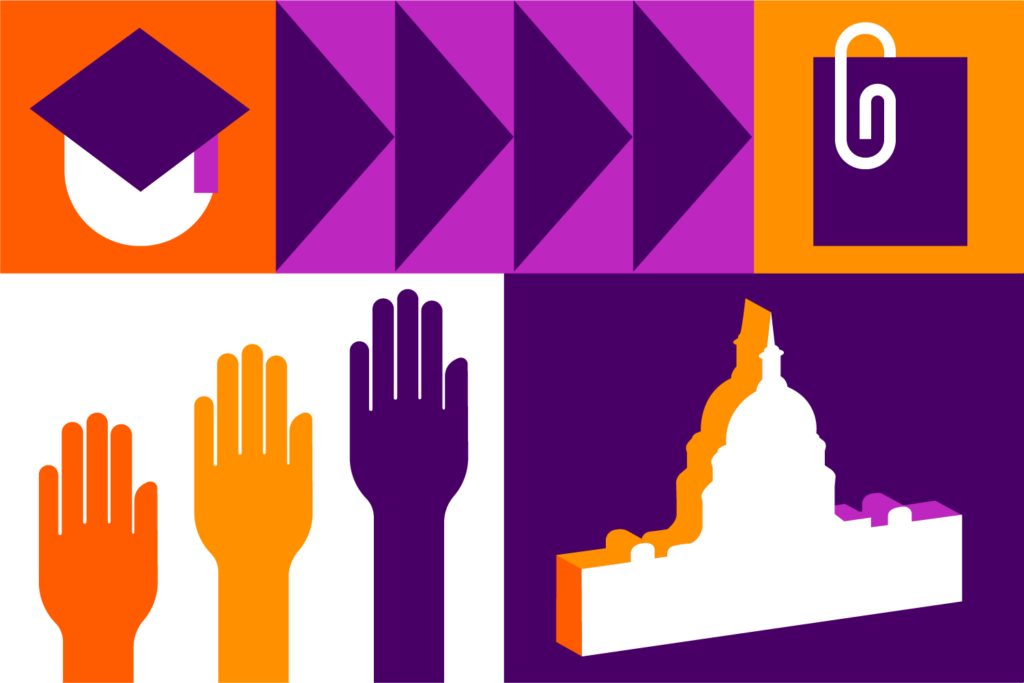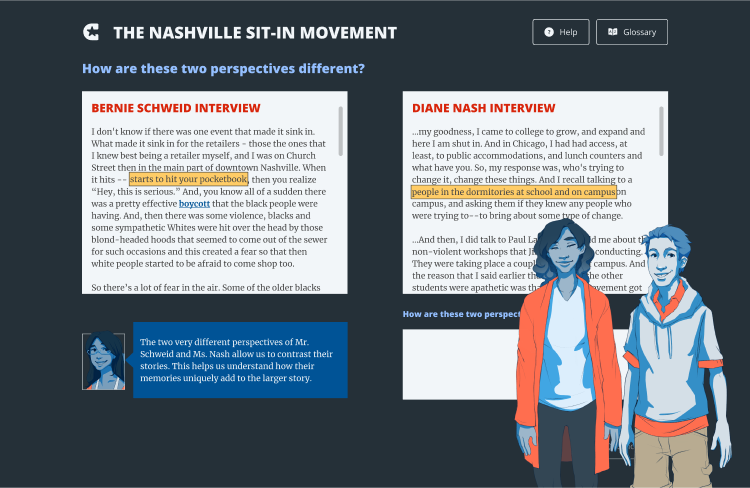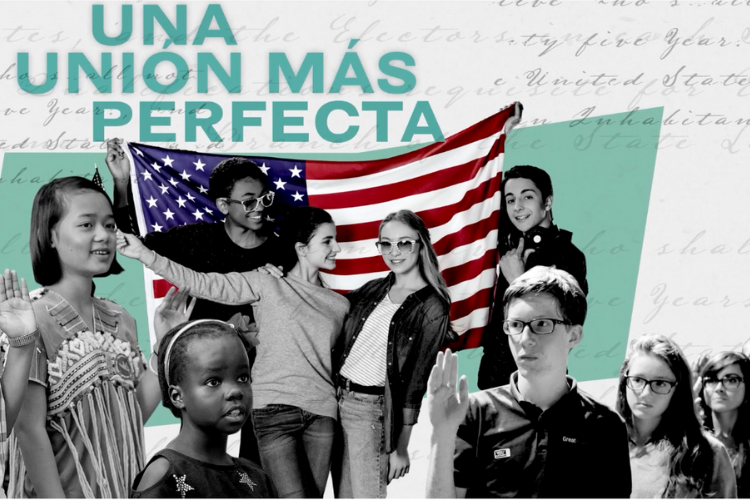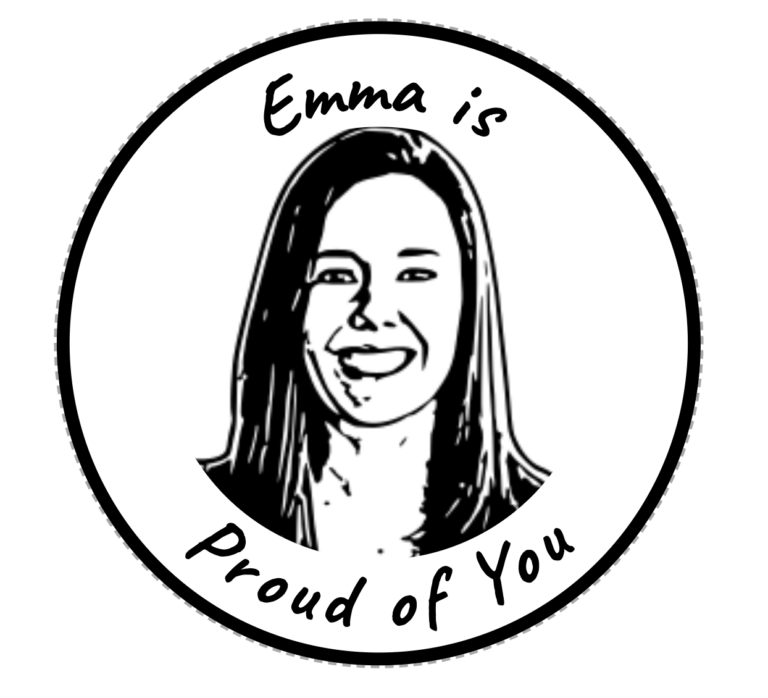Do your students want to drive change? Are they passionate about protecting the environment? Do they want to one day stand in the White House press room asking tough questions? Or make a run for Congress? All of these opportunities are open to them, thanks in part to the groundbreaking actions of three women: Rachel Carson, Ethel Payne, and Patsy Mink.
These names don’t often appear in history books. With our partners at Makematic, we’ve created three new videos that showcase the contributions of these lesser-known women in history. Each video includes a Teacher’s Guide with conversation starters, as well connections to iCivics lessons so you can incorporate the videos into larger units of study.
Do students see their communities and the issues they care about covered in the news? More inclusive coverage of national and world events is due in part to Ethel Payne, the second Black woman to become a member of the White House Press Corps. In her position, she asked leaders tough questions and wrote hard-hitting news stories. Her persistence brought civil rights issues to a national audience and put Black people’s experiences on the front page.
become a member of the White House Press Corps. In her position, she asked leaders tough questions and wrote hard-hitting news stories. Her persistence brought civil rights issues to a national audience and put Black people’s experiences on the front page.

Does your school have a women’s soccer team? And do your students aspire to careers in law, science, or engineering, regardless of their gender? Patsy Mink helped make that possible as the co-author of Title IX, the landmark legislation that prohibits sex discrimination in educational programs that receive federal money. Mink was the first woman of color elected to Congress and in her 24 years as a Representative battled inequality by changing the laws.

The United Nations Climate Change Conference starts this weekend in Glasgow, Scotland. Many of the issues world leaders will be discussing and taking action on were first brought to light in Rachel Carson’s groundbreaking book, Silent Spring.
Looking for more lessons about how women have impacted history? Our suffrage resources will help you teach about the importance of voting and how women have had to fight for their right to vote.




